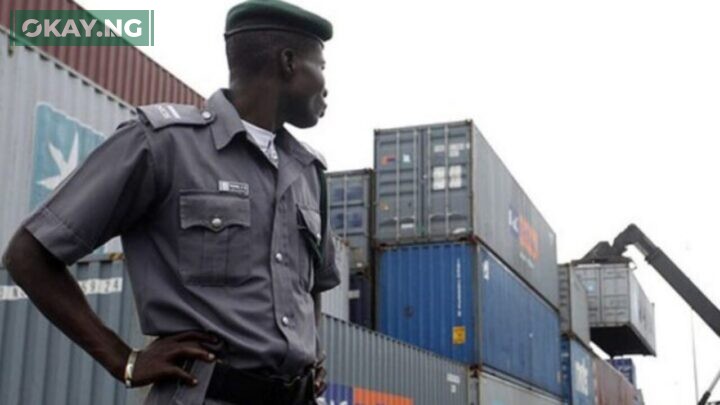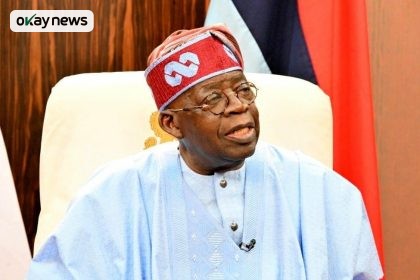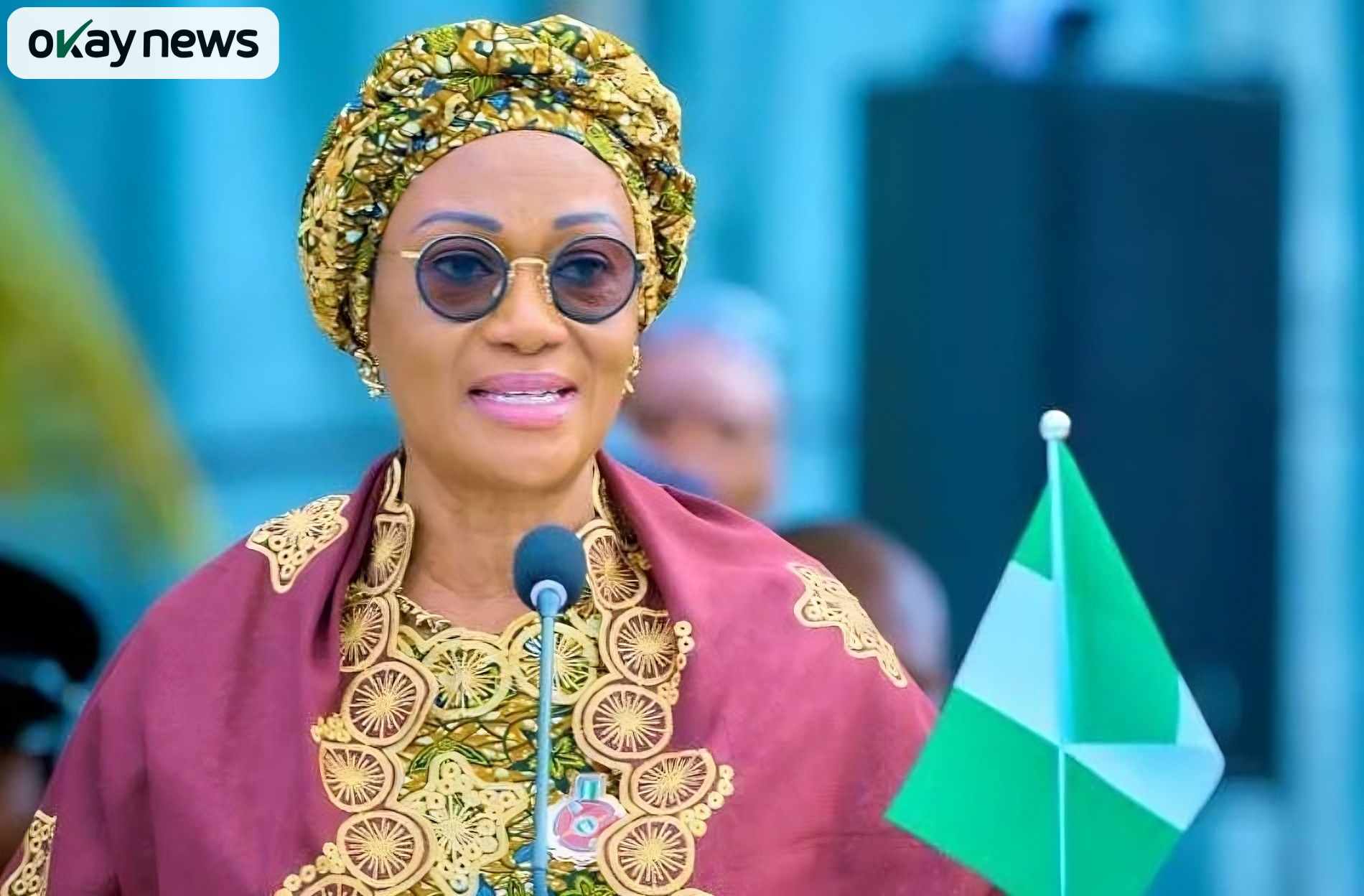The Nigeria Customs Service (NCS) has suspended the implementation of the 4% charge on the free-on-board (FOB) value of imports, citing the need for comprehensive stakeholder engagement and consultations regarding its implementation framework.
The announcement was made in a statement on Tuesday by Abdullahi Maiwasa, Assistant Comptroller of NCS, who noted that the decision aligns with Section 18(1)(a) of the Nigeria Customs Service Act (NCSA) 2023, which outlines the legal framework for the charge.
According to Maiwasa, the suspension follows ongoing consultations with Wale Edun, the Minister of Finance and Coordinating Minister of the Economy.
“The timing of this suspension aligns with the exit of the contract agreement with the Service providers, including Webb Fontaine, which were previously funded through the 1% Comprehensive Import Supervision Scheme (CISS),” he said.
“This presents an opportunity to review our revenue framework holistically.”
Maiwasa explained that the previous funding model, which separated the 1% CISS and 7% cost of collection, created operational inefficiencies and funding gaps in customs modernisation efforts.
**“Under the previous funding arrangement repealed by the NCSA 2023, separating the 1% CISS and 7% cost of collection created operational inefficiencies and funding gaps in customs modernisation efforts.
“The new Act addresses these challenges by consolidating ‘not less than 4% of the Free-on-Board value of imports,’ designed to ensure sustainable funding for critical customs operations and modernisation initiatives.
“This transition period will allow the Service to optimise the management of these frameworks to serve our stakeholders and the nation’s interests better.”**
Maiwasa also emphasised that the NCSA 2023 empowers customs to advance its modernisation drive through various technological innovations.
“Specifically, Section 28 of the NCSA 2023 authorises developing and maintaining electronic systems for information exchange between the Service, Other Government Agencies, and traders,” he said.
He highlighted the recent deployment of the B’Odogwu clearance system, which has reportedly improved faster clearance times and enhanced transparency for stakeholders.
“Other innovative solutions authorised by the Act include Single Window implementation (Section 33), Risk management systems (Section 32), Non-intrusive inspection equipment (Section 59), and Electronic data exchange facilities (Section 33(3)).”
The NCS had initially announced the implementation of the 4% charge on FOB imports, sparking concerns among stakeholders.







